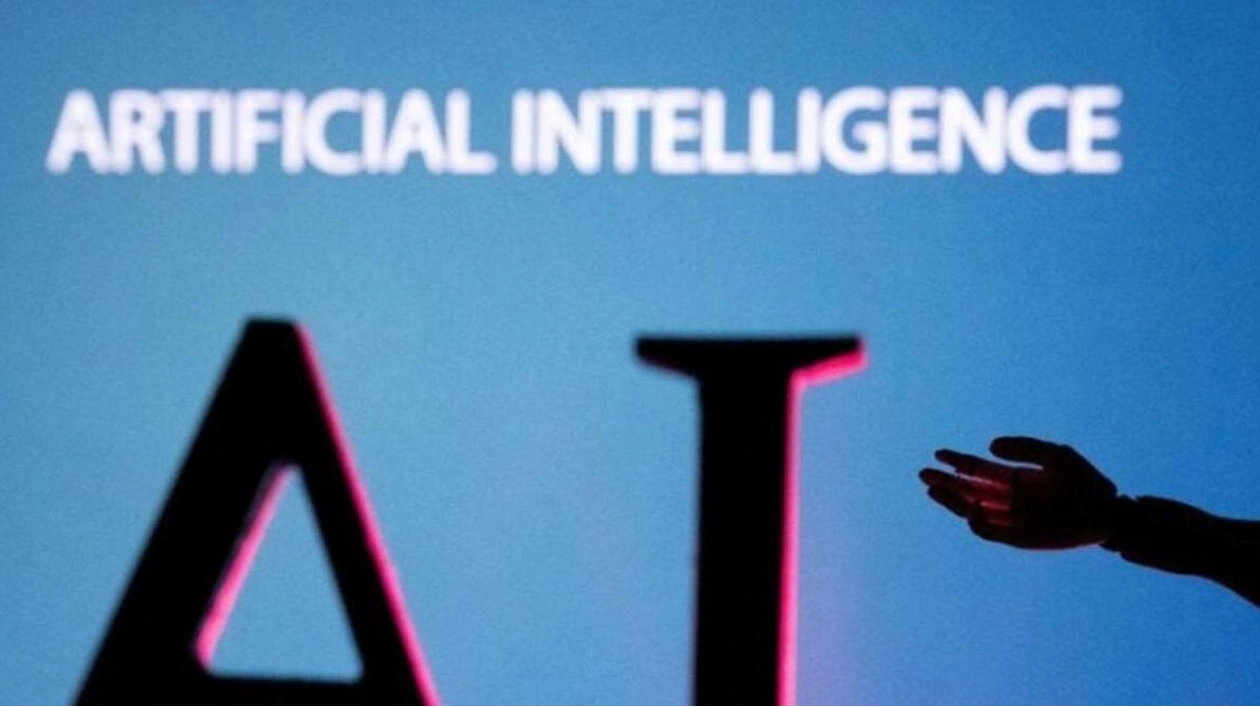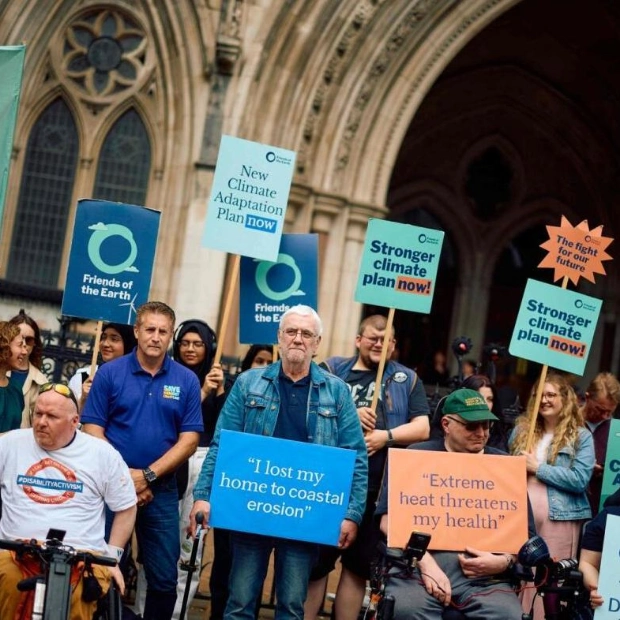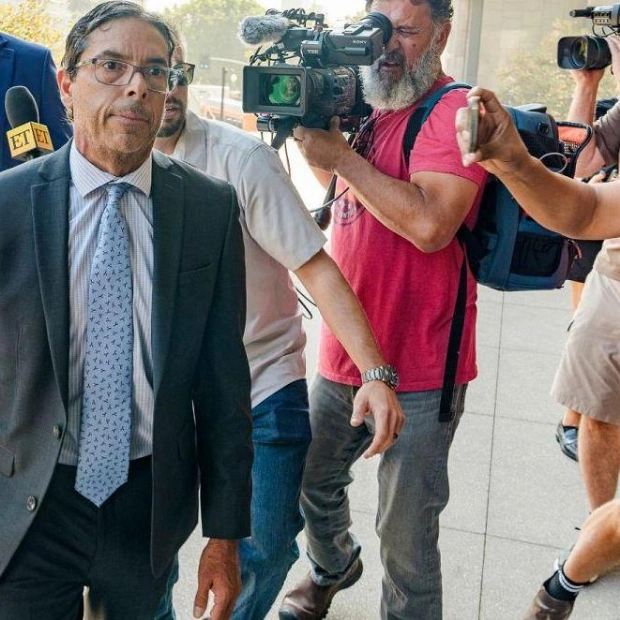California lawmakers are poised to vote on a bill this week that would extensively regulate the development and deployment of artificial intelligence within the state, despite strong opposition from several tech industry leaders. Here's an overview of SB 1047 and the reasons behind the resistance from Silicon Valley technologists and certain legislators:
WHAT DOES THE BILL DO? Introduced by Democratic State Senator Scott Wiener, the bill would require safety testing for highly advanced AI models that either cost over $100 million to develop or necessitate a significant amount of computing power. AI software developers in California would also be required to establish procedures for shutting down their models in case of malfunction, akin to a kill switch. Additionally, the state attorney general would be authorized to file lawsuits against non-compliant developers, especially in cases where there is a continuous threat, such as AI taking control of critical government systems like the power grid. The bill also mandates that developers engage third-party auditors to evaluate their safety protocols and offers enhanced protections for whistleblowers who report AI-related misconduct.
WHAT HAVE LAWMAKERS SAID? SB 1047 has already secured a 32-1 majority in the state Senate and recently cleared the Assembly appropriations committee, positioning it for a full Assembly vote. If approved by the end of the legislative session on August 31, it will proceed to Governor Gavin Newsom for his signature or veto by September 30. Wiener, representing San Francisco, where many AI startups are based, argues that legislative action is crucial to safeguard the public before AI advancements become unmanageable. However, a group of California Congressional Democrats, including Nancy Pelosi, Ro Khanna, and Zoe Lofgren, are against the bill, fearing it could deter developers from operating in the state and jeopardize open-source AI models.
WHAT DO TECH LEADERS SAY? While AI developers acknowledge the need for robust safeguards against potential AI risks, such as cyberattacks and autonomous malfunctions, they largely oppose SB 1047. Wiener has amended the bill to address some tech industry concerns, including removing the proposal for a government AI oversight committee and eliminating criminal penalties for perjury. Major tech companies like Alphabet's Google and Meta have expressed reservations, with Meta particularly concerned about the bill's impact on AI development and deployment in California. OpenAI, known for its ChatGPT, supports federal regulation of AI over state-level legislation like SB 1047, citing concerns about creating an uncertain legal environment that could drive talent out of the state. The bill's scope regarding open-source AI models remains a contentious issue, with technologists arguing for their importance in rapidly developing safer AI applications.
Despite the opposition, the bill has its supporters in the tech community, including AI pioneer Geoffrey Hinton and researcher Yoshua Bengio.






